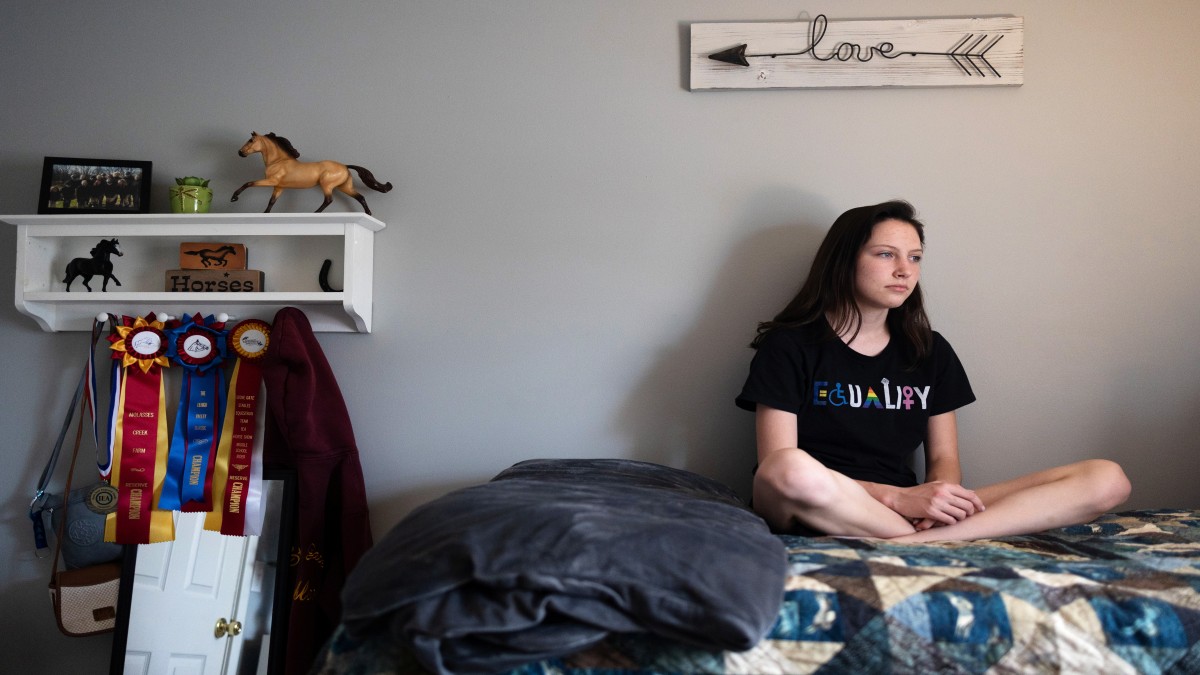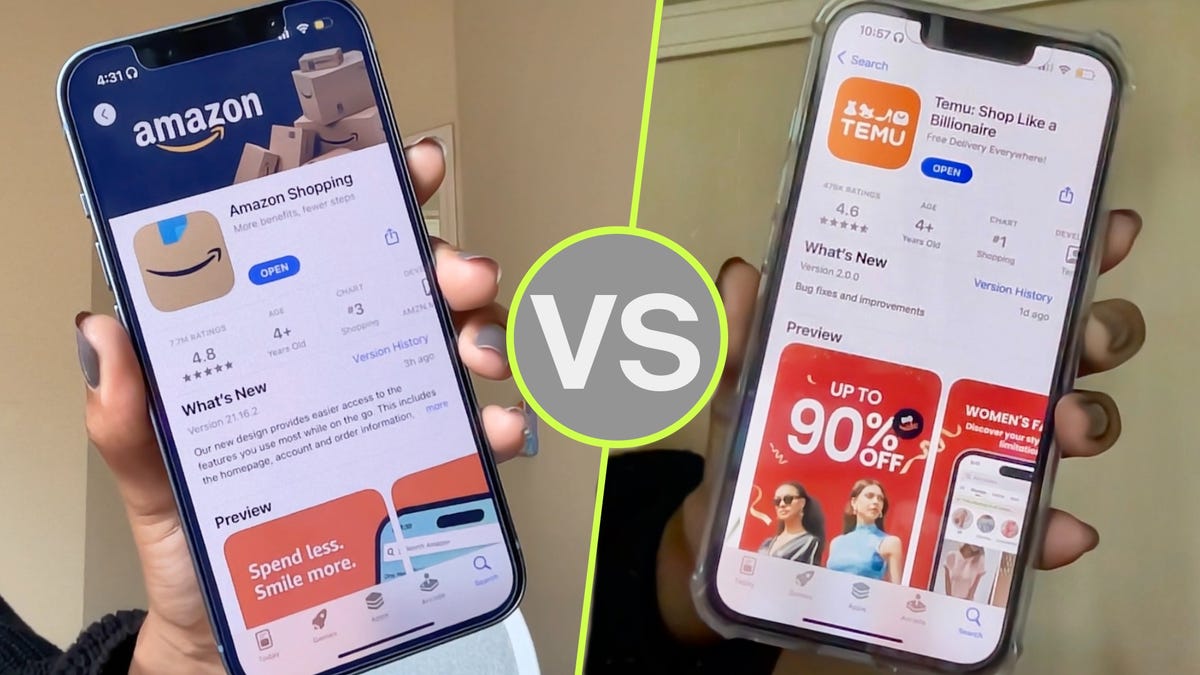Over 122,000 US veterans who received one-time special separation benefits (SSB) in the past three decades for willingly abandoning their service when the US was reducing its active-duty personnel count were stripped of their disability benefits from the US Department of Veteran Affairs (VA). In recent years, veterans applying for disability benefits through the VA were surprised when informed all checks would stop coming until they returned the SSB benefits received when the US military asked them to leave service.
Even some experts were unaware of a law that prevents veterans from receiving both disability and SSB payouts. The rule allows the VA to recover SSB payouts from veterans before they can receive disability payments.
Some Veterans On The Hook For $30,000
Veteran Vernon Reffitt, 62, received $30,000 in a lumpsum SSB payment for leaving the service in 1992 at the military’s request. He was also simultaneously receiving monthly disability checks for the last three decades due to an injury incurred during service. Reffitt applied for additional disability benefits for another ailment last year only to hear back from the VA that all his checks would stop coming until he paid back the SSB lumpsum amount. Although his wife is considering taking up a second job, Reffitt believes it’d take the couple 15 years to repay the $30,000 despite the additional income. The situation means Reffitt won’t receive disability payments until he turns 77.
Meanwhile, veteran Shawn Teller, who served in operations like Desert Storm, won’t receive his $586 monthly check from the VA he has been receiving for an old knee injury since 2012. He received $10,700 to leave service in 1996. When Teller applied for benefits for his asthma last year, the VA denied the application and even cancelled the ongoing $586 payments until he returned the initial SSB payout in full. Non-profit RAND Corporation’s 2022 study revealed that at least 79,000 veterans were compelled to return different separation benefits between 2013 and 2020. Since researchers could only access information after 2013 due to the VA’s system upgrades, the number of veterans affected by the law could be much higher than estimated. Moreover, the number of veterans affected varies widely every year, from 17,000 veterans in 2018 to 9,300 last year.
Why Is The VA Recouping Special Payments Now?
According to the VA, the form veterans use to apply for disability benefits mentions that separation pay could be adjusted from VA benefits. The VA never utilised this provision until recently. The VA explains that veterans were never supposed to receive both SSB and disability payouts, and the recoupment is happening now because many veterans have filed for disability benefits in the past decade. So, when they apply for extra benefits, their records are marked, and the original mistake of receiving both disability and SSB payments is highlighted. In Reffitt’s case, the VA had stated it should have started recoupment earlier after it initially noticed the error.
Most veterans and even those who explained the programs to them were unaware of the law prohibiting payments from both programs. Shane Collins, familiar with the US Defense Department’s rulebook, had no idea he would have to repay his SSB payout if granted disability benefits. “I thought they were completely separate, and that’s how it was explained to me as well,” he said.
Massive Outrage Over Reneging Disability Checks
Many veterans depend on the monthly disability check for household expenses since most are unable to work due to service injuries. According to former US Army combat medic Daphne Young, it was “agonising” when her $3,700 monthly disability checks stopped coming in. She has to repay $15,000 in separation benefits to the VA before the checks resume. As disappointment among veterans continued to grow, the VA announced special waivers to simmer down the outrage. The waiver allows veterans to keep their SSB payout and continue to receive their disability checks, but only six of said waivers have been granted to date. It could be due to the high standards set by the VA, which noted that to receive the waiver, the secretary of the applicable service branch must determine that “recovery would be against equity and good conscience or would be contrary to the best interests of the United States.”
Some veterans are taking their case to the US Court of Appeals for Veterans Claims. Navy veteran John Colage, a survivor of the 1989 explosion on the USS Iowa, said the VA wasn’t “supposed to take this money.” He thinks the VA convoluted the legislation to justify recovering special separation payouts. Many, including Marquis Barefield of the advocacy group DAV, believe SSB payments and disability checks have nothing to do with each other since they are “two separate buckets of money.” Barefield explained that SSB payments are based on a veteran’s military career, whereas disability benefits are related to illnesses or injuries during service. Meanwhile, Rep. Ruben Gallego, who pushed a bill last year in Congress to eliminate the recoupment of disability benefits, believes that “we need a statutory change.” Despite bipartisan support, Gallego attributed the slump in the legislative process because of the high associated costs.



)



